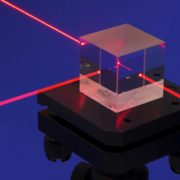
A New Tool for Finding Dark Matter Digs Up Nothing
Physicists are devising clever ways to exploit the extreme sensitivity of gravitational wave detectors like LIGO. But they’ve seen no signs of exotica ..

Physicists are devising clever ways to exploit the extreme sensitivity of gravitational wave detectors like LIGO. But they’ve seen no signs of exotica ..

For the first time, a commercial craft will bring a crew of civilians to the space station. It’s a harbinger of space tourism’s future—and its inequities. ..
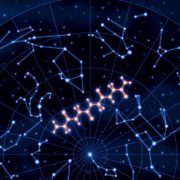
The discovery that short peptides can form spontaneously on cosmic dust hints at more of a role for them in the origin of life, on Earth or elsewhere. ..
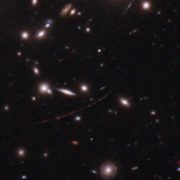
A cosmic fluke helped Hubble spy Earendel, a giant star at the edge of the known universe that could tell us more about what happened after the Big Bang. ..
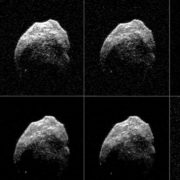
The agency’s Innovative Advanced Concepts program provides seed funding for ideas that sound like sci-fi—but just might work. ..
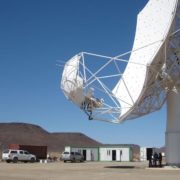
Observatories require electricity and computing power to process data from deep space. Is there a way to make them run greener? ..
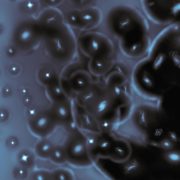
Astronomers tried to confirm a signal from the birth of the first stars after the Big Bang. They saw nothing. ..
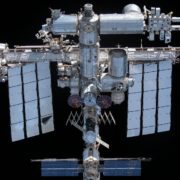
NASA plans to deorbit the International Space Station in 2031 by crashing it into the ocean. But is there another way? ..
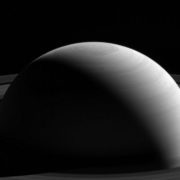
The discovery of the first wind-driven aurora sheds light on a strange phenomenon playing out below Saturn’s stormy atmosphere. ..
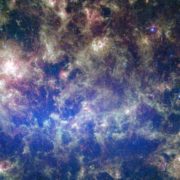
A new simulation aims to determine whether the standard view of dark matter can explain how unique our galaxy’s neighborhood is. ..